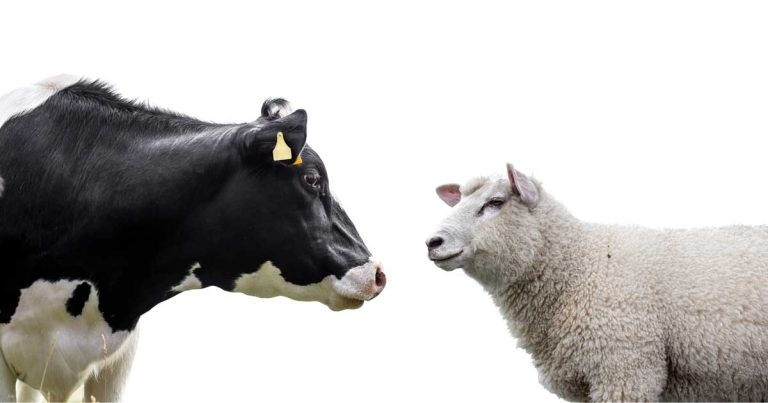27 May 2025
Defra has announced plans to extend the existing restricted zone to the whole of England from July.

Image: © Rokfeler / Adobe Stock
Bluetongue movement restrictions in England are set to be lifted in the coming weeks, amid fresh calls for farmers to consult their vets on vaccinating their herds and flocks.
Under plans announced by Defra on 23 May, the existing restricted zone will be extended to cover the whole of England from 1 July.
That means existing requirements for pre-movement testing in currently restricted areas will no longer apply, though rules on the freezing of germinal products will remain in force.
A Defra statement announcing the move claimed it would help to focus resources on issues such as foot-and-mouth disease and African swine fever, which are considered greater current threats to the farming industry.
UK CVO Christine Middlemiss added: “Through movement controls we have slowed the westerly spread of bluetongue until vaccines are available.
“We are now moving away from government-imposed movement controls, which are costly and disruptive to farming particularly those within the zones.
“An all-England restriction zone will allow livestock farmers currently impacted by burdensome restrictions to be on equal footing with the rest of England.
“We encourage all farmers and keepers to discuss the use of BTV-3 vaccines to protect their herds and flocks with their private vet as this is the most effective way of protecting susceptible species.
“I urge all livestock keepers to report suspect disease. It is especially important to remember that foot-and-mouth disease and bluetongue can have similar clinical presentation.”
The change is likely to be welcomed by farmers’ leaders, who had called for the zone to cover the whole of England following the recent expansion to include Lancashire and previously unaffected parts of North Yorkshire.
Ahead of Friday’s announcement, David Barton, who chairs the NFU’s livestock board, said: “We continue to advocate for the restricted zone to cover the whole of England, but we’re also aware of the need to find a practical solution that supports continued trade with Scotland and Wales.
“I would strongly encourage farmers to speak with their vets about vaccination as part of their disease management planning.”
A separate communication issued through the APHA said the devolved Scottish and Welsh administrations would set out any changes to their current controls by 12 June.
No new bluetongue cases have been reported since 24 April and officials have said the UK is still in a low-risk period of vector transmission, meaning biting midges are currently considered unlikely to be infectious.
However, new rules cutting the validity period for pre-movement test samples within the existing restricted zone from 21 days to 10 are now in place from today (27 May).